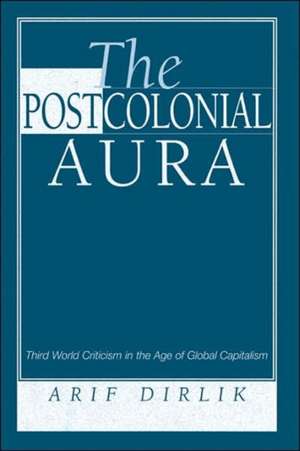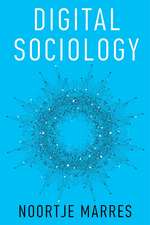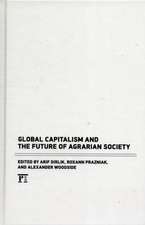The Postcolonial Aura: Third World Criticism In The Age Of Global Capitalism
Autor Arif Dirliken Limba Engleză Paperback – 6 oct 1998
| Toate formatele și edițiile | Preț | Express |
|---|---|---|
| Paperback (1) | 414.32 lei 6-8 săpt. | |
| Taylor & Francis – 6 oct 1998 | 414.32 lei 6-8 săpt. | |
| Hardback (1) | 1000.27 lei 6-8 săpt. | |
| Taylor & Francis – 13 sep 2019 | 1000.27 lei 6-8 săpt. |
Preț: 414.32 lei
Nou
Puncte Express: 621
Preț estimativ în valută:
79.28€ • 82.100$ • 65.60£
79.28€ • 82.100$ • 65.60£
Carte tipărită la comandă
Livrare economică 07-21 aprilie
Preluare comenzi: 021 569.72.76
Specificații
ISBN-13: 9780813332499
ISBN-10: 0813332494
Pagini: 272
Dimensiuni: 152 x 229 x 18 mm
Greutate: 0.41 kg
Ediția:1
Editura: Taylor & Francis
Colecția Routledge
Locul publicării:Oxford, United Kingdom
ISBN-10: 0813332494
Pagini: 272
Dimensiuni: 152 x 229 x 18 mm
Greutate: 0.41 kg
Ediția:1
Editura: Taylor & Francis
Colecția Routledge
Locul publicării:Oxford, United Kingdom
Cuprins
Preface -- Credits -- Introduction: Postcoloniality and the Perspective of History -- Culturalism as Hegemonic Ideology and Liberating Practice -- The Postcolonial Aura: Third World Criticism in the Age of Global Capitalism -- The Global in the Local -- Chinese History and the Question of Orientalism -- There Is More in the Rim than Meets the Eye: Thoughts on the “Pacific Idea” -- Three Worlds or One, or Many? The Reconfiguration of Global Relations Under Contemporary Capitalism -- Postcolonial or Postrevolutionary? The Problem of History in Postcolonial Criticism -- The Postmodernization of Production and Its Organization: Flexible Production, Work and Culture -- The Past as Legacy and Project: Postcolonial Criticism in the Perspective of Indigenous Historicism
Notă biografică
Arif Dirlik is professor of history at Duke University.
Descriere
This book presents a range of issues from cultural self-representation in China to more general problems of reconceptualizing global relationships in response to contemporary changes. It offers "multi-historicalism," which presupposes a historically grounded conception of cultural difference.











